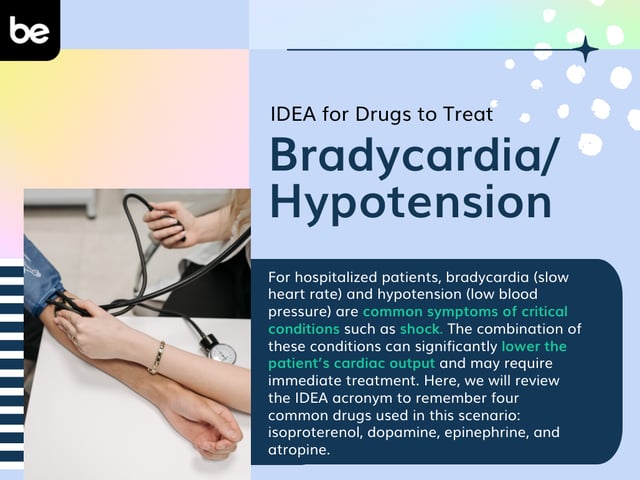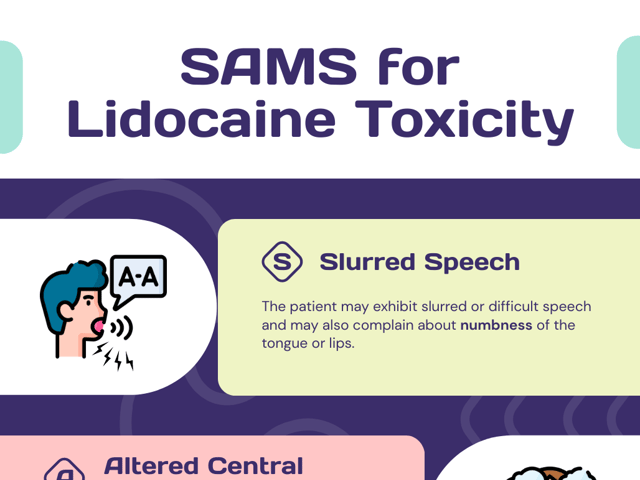
What is the NCLEX Next Generation (NGN) Exam?
If you’re interested in becoming a registered nurse, you likely know that the NCLEX exam is the final step in the nurse licensure process. Statistics from 2023 show that first-time RN candidate test takers have a pass rate of just over 88%, which means with with diligent study your odds of passing are quite high.
However, the NCSBN has just thrown nursing students for another loop by introducing the NCLEX Next Generation Exam (NGN). This exam is an essential step on your journey to obtaining a nursing license in the United States, and now that things have changed, you must understand what’s changed and how to prepare to take the new version of the exam.
This quick guide will discuss this new test version, why it was created, and how it affects current nursing students. By the end, you’ll feel much better equipped to take on the challenges of the NCLEX Next Generation Exam.
The Importance of the NCLEX Exam
The NCLEX, or the National Council Licensure Examination, is the final exam anyone in the United States must pass to become licensed as a registered or practical nurse. Not only does the NCLEX exam ensure that the nursing profession maintains high standards, but it also ensures patient safety.
Nursing candidates demonstrate their knowledge and skills to ensure they can provide safe and effective patient care. In short, the NCLEX exam measures a student’s skills in three areas:
- Critical thinking
- Problem-solving
- Decision-making
It also assesses their ability to prioritize patient care, provide patient education, and promote patient safety. Passing the NCLEX exam is a significant achievement for any nursing student and a requirement to enter the nursing profession. And while nothing massive has changed on the latest update of the NCLEX, there have been changes you should be aware of as you prep to take the exam.
Introducing the NCLEX Next Generation Exam
The National Council of State Boards of Nursing (NCSBN) made changes to the NCLEX exam that took effect in April 2023, so students who started nursing school in the fall of 2023 will be among the first test-takers to experience the new format. Like previous editions of the test, the NCLEX still revolves around eight areas critical to providing safe patient care:
- Basic Care and Comfort
- Management of Care
- Physiological Adaptation
- Reduction of Risk Potential
- Health Promotion and Maintenance
- Pharmacological and Parenteral Therapies
- Psychosocial Integrity
- Safety and Infection Control
Unlike previous versions of the NCLEX, the Next Generation exam also incorporates a six-layer Clinical Judgement Model developed by the NCSBN to ensure that nursing students are well-prepared for the real-world medical scenarios they will face in their careers. The NCSBN believes questions based on the model better evaluate how new nurses might apply critical thinking skills on the job. Built on the fundamentals of the nursing process, the clinical judgment model includes the following:
- Recognizing patient cues
- Analyzing patient cues
- Prioritizing your hypothesis
- Generating solutions
- Taking action
- Evaluating patient outcomes
NCLEX Next Generation: What’s Changed?
So what specifically has changed? For starters, it’s important to know that the Next Generation NCLEX is not a different exam than the NCLEX you may be familiar with. Instead, it is an improved version, with new questions types, a modified length, and a novel scoring system. Here’s a quick breakdown of the three most significant changes:
NCLEX QuestionTypes
Previous versions of the exam were multiple-choice, with alternate format questions such as hotspot, fill-in-the-blank, and ordered response.
While most of the Next Generation exam is still multiple choice, the Next Generation NCLEX has added additional alternative question types that center around clinical judgment. Clinical judgment skills are evaluated in two question types: case studies and stand-alone questions.
The case study questions present a patient scenario that may change as answers are selected. As real-life patient care isn’t static, the case study questions hope to better evaluate the candidate’s response to evolving patient outcomes. Case study questions include a patient scenario and twelve new alternative format responses:
- Matrix (multiple-choice and multiple-response)
- Multiple-response (select x number, select all that apply, grouping)
- Drag-and-drop (rationale and cloze)
- Drop-down (table, cloze, and rationale)
- Highlight (text and table)
The stand-alone questions evaluate clinical judgment skills without adding a case study. Stand-alone questions are presented in two different ways:
-
Bow tie: These questions evaluate all six clinical judgment items in one question. You may be presented with options in a “bow-tie” shaped diagram and asked to select the best options based on the patient’s situation.
-
Trend: As the name implies, these questions require looking for the “trend” in a patient’s information over time. You may be asked to make a judgment based on evolving patient data such as lab work, vitals, or I&Os.
Minimum and Maximum Exam Length
Test creators have also changed how many questions you must answer on the NCLEX Next Generation exam.
The minimum number of questions is now 85, with 70 scored items and 15 unscored pilot questions. As you take the test, you will not be made aware of which items are unscored.
The maximum number of questions you’ll have to answer is 150, with 135 scored and 15 unscored pilot questions.
If you receive the minimum 85 questions, 18 will come from three different case studies, 52 will be from the eight core nursing areas mentioned above, and 15 will be unscored pilot questions. The maximum time to complete the exam is still 5 hours, including all breaks.
NCLEX Next Generation Scoring Structure
Finally, the NCLEX Next Generation exam’s scoring structure is new. On previous exam versions, scoring was all or nothing, so you would get a point only if all answers were correct. On the NGN, you can now earn partial credit for certain problems, meaning you may get points even if you don’t answer the question perfectly.
The new scoring has three different ways of earning points:
-
0/1 scoring: One point is awarded for correct answers, and zero points are awarded for incorrect answers.
-
+/- scoring: You get points for getting the correct answer and lose points for getting it incorrect, with the total score being the sum of all positive and negative points.
-
Rationale scoring: You must choose both correct answers to get one point.
How to Study for the Next Generation NCLEX
You’ve looked through the registered nursing requirements and taken all the courses. The last hurdle you must overcome is passing the NCLEX Next Generation exam. You might be committed to studying, but doing well on exam day requires more than just repeatedly reviewing the materials.
To effectively study for the Next Generation NCLEX, it’s essential to understand the exam format, which emphasizes clinical judgment and critical thinking skills. Instead of simply memorizing information, you must also be able to apply that knowledge to real-world scenarios. Therefore, practicing case studies and simulations can help build up these skills.
Another crucial aspect of studying for the Next Generation NCLEX is to review core nursing concepts and theories. You must have a strong foundation in nursing fundamentals to understand the more complex scenarios presented in the exam.
In addition to studying, taking care of yourself is also essential for success! Sleeping, staying hydrated, and managing stress through exercise or meditation can help ensure your mind is clear and focused on test day.
Get Help with NCLEX Exam Preparation
Overall, studying for the NCLEX Next Generation exam includes building critical thinking skills, reviewing nursing concepts, and caring for your mental and physical health. With proper preparation, you can confidently enter the exam and pass the test on your first attempt.
And we’re here to help you do just that! Union Test Prep offers a variety of study materials, including practice tests, study guides, and flashcards. Sign up for a free account today and get ready to pass the Next Generation NCLEX with flying colors!
Keep Reading

National Council Licensure Examination-Registered Nurse Blog
What to Expect in Nursing School Clinicals
The clinical experience is a rite of passage for all nursing students, …

National Council Licensure Examination-Registered Nurse Blog
IDEA for Drugs to Treat Bradycardia/Hypotension
For hospitalized patients, bradycardia (slow heart rate) and hypotensio…

National Council Licensure Examination-Registered Nurse Blog
SAMS for Lidocaine Toxicity
Lidocaine is a commonly used local anesthetic drug and can be used for …